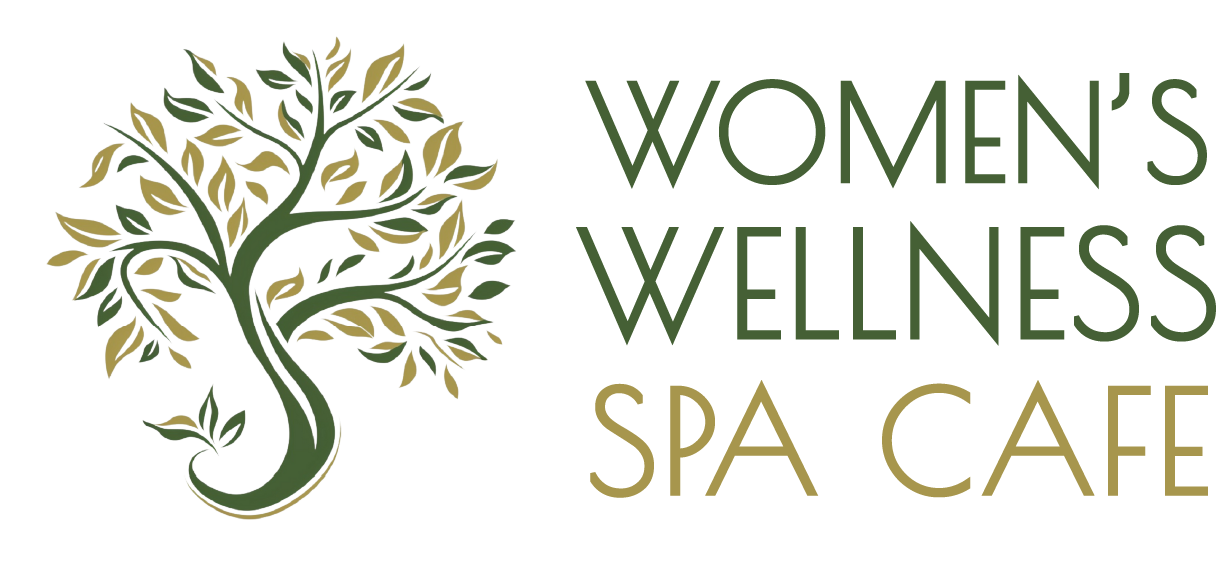Article
The ABCs of Christ-Centered Relationships
People are often fascinated by the journey of discovering individual identity. At some point in your life, you’ve probably taken a personality test, figured out your astrological sign, or taken an online quiz to figure out what flavor of Doritos you are. All of these try to tell us who we are and where we belong in the world.
We might also try to find our identity in our work, our marital status, or our income. The only problem is that these things aren't guaranteed to stay the same. When we base the core of who we are on something that can change at a moment’s notice, we set ourselves up to feel lost and confused when they do.
Before you start to panic, there’s good news – we can discover our identity in Christ, who is always consistent and never-changing (Hebrews 13:8). But what does that even mean, and how can we do that?
What does “identity in Christ” mean?
Let’s answer this question with another question: what are some ways you can tell how someone else defines their identity? Perhaps they’ve told you about their ethnic heritage and their strong family ties. Maybe they’ve shared about a personal value or belief and how it impacts the way they live their life.
Identity in Christ works the same way. It starts with thinking of yourself as part of his family; sharing in his values and incorporating them into your life. It becomes part of who you are and informs the decisions you make each day. When people ask you about yourself, you share about the influence Jesus has in your life. Not only that, others will be able to tell where your identity is by what they observe of you (Galatians 5:22-23).
What does “identity in Christ” mean?
- You are forgiven (1 John 1:9)
- You are accepted (Romans 15:7)
- You were made with a purpose (Jeremiah 1:5)
- You are God’s masterpiece (Ephesians 2:10)
- You are made in God’s image (Genesis 1:27)
Look at these powerful truths! How would your life be different today if you saw yourself the way God sees you? How would your identity change if it was based on these things that God says about you?
Where you find your identity matters. You can base it on your career, but you could lose your job. You can form it around what people think of you, but their opinions can waver. You can place your identity in health, relationships, or accomplishments, but they can change at a moment’s notice.
In contrast, God’s word never will (Hebrews 13:8). Your zodiac sign, your personality type, or your Doritos flavor might say something about who you are, but none of that can override what God says about you. When you root your identity in him, you can rest assured that what he says about you is absolute, unshakeable truth. If you’re ready to dive deeper and learn more about your identity in Christ, here are some resources you might find helpful:
share this
Related Articles
Related Articles


STAY UP TO DATE
GET PATH'S LATEST
Receive bi-weekly updates from the church, and get a heads up on upcoming events.
Contact Us







